Introduction
In the realm of business, understanding consumer behavior is not just a strategy but a necessity. This article dives deep into the intricacies of consumer behavior, shedding light on its definition, significance, and impact on business strategies.
What is Understanding Consumer Behavior?
Understanding consumer behavior entails grasping the psychological, sociocultural, economic, technological, and personal factors that influence how consumers make decisions. It’s about deciphering why consumers choose one product over another and what drives their purchasing habits.
Importance of Understanding Consumer Behavior
The significance of understanding consumer behavior cannot be overstated. It allows businesses to tailor their marketing strategies, product designs, and customer experiences to meet the ever-evolving needs and preferences of their target audience.

Key Factors Influencing Consumer Behavior
- Psychological Factors: Explore how perceptions, attitudes, motivations, and beliefs shape consumer choices.
- Sociocultural Factors: Delve into how culture, social class, reference groups, and family influence consumer behavior.
- Economic Factors: Understand the impact of income, pricing, and economic conditions on consumer spending patterns.
- Technological Factors: Analyze the role of technology, digital platforms, and e-commerce in shaping consumer behavior.
- Environmental Factors: Consider how environmental concerns and sustainability influence consumer decision-making.
- Personal Factors: Examine individual characteristics such as age, lifestyle, personality, and values.
- External Influences: Discover how marketing, advertising, peer influence, and societal trends impact consumer choices.
Understanding Consumer Behavior
Definition and Scope
Consumer behavior encompasses the process through which individuals, groups, or organizations select, purchase, use, or dispose of goods, services, ideas, or experiences to satisfy their needs and desires.
Theories and Models
Various theories and models, such as the Theory of Planned Behavior, Maslow’s Hierarchy of Needs, and the Buyer Decision Process, offer frameworks to understand and predict consumer behavior.
Applications in Marketing
Businesses leverage insights from consumer behavior to craft targeted marketing campaigns, develop innovative products, enhance customer experiences, and build brand loyalty.
Impact on Business Strategies
A deep understanding of consumer behavior empowers businesses to make data-driven decisions, adapt to market trends, identify growth opportunities, and stay competitive in dynamic industries.
Factors Influencing Behavior
Consumer behavior is influenced by a myriad of factors that interplay to shape purchasing decisions and consumer preferences.
Psychological Factors
The way individuals perceive, interpret, and respond to stimuli greatly influences their buying behavior. Understanding cognitive processes, emotions, and decision-making mechanisms is key to effective marketing strategies.
Sociocultural Factors
Culture, social norms, peer groups, and societal influences play a pivotal role in shaping consumer behavior. Marketers must navigate cultural nuances and social dynamics to resonate with diverse target audiences.
Economic Factors
Economic conditions, income levels, pricing strategies, and financial incentives directly impact consumer spending habits. Economic downturns, inflation, or recessions can significantly alter consumer behavior patterns.
Also Read: Analyzing Sales Trends: Unlocking Insights for Business Success
Technological Factors
The digital age has transformed consumer behavior, with online shopping, social media influence, and personalized recommendations becoming integral to the consumer journey. Embracing digital innovations is crucial for businesses to stay relevant.
Environmental Factors
Growing environmental consciousness has led consumers to prioritize sustainable products, eco-friendly practices, and ethical brands. Businesses must align with environmental values to appeal to environmentally conscious consumers.
Personal Factors
Individual characteristics such as demographics, lifestyles, values, and personality traits shape consumer preferences and purchasing decisions. Personalization strategies cater to unique consumer needs and preferences.
External Influences
Marketing strategies, advertising campaigns, word-of-mouth referrals, peer recommendations, and societal trends all exert influence on consumer behavior. Businesses must navigate these external influences to sway consumer choices positively.
Conclusion
As consumer behavior continues to evolve in response to societal, technological, and economic shifts, businesses must adapt their strategies to stay agile and customer-centric. By harnessing insights from consumer behavior, businesses can forge deeper connections with their target audience, drive brand loyalty, and thrive in competitive markets.


